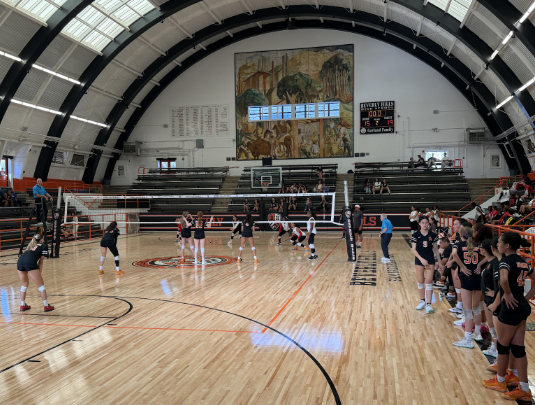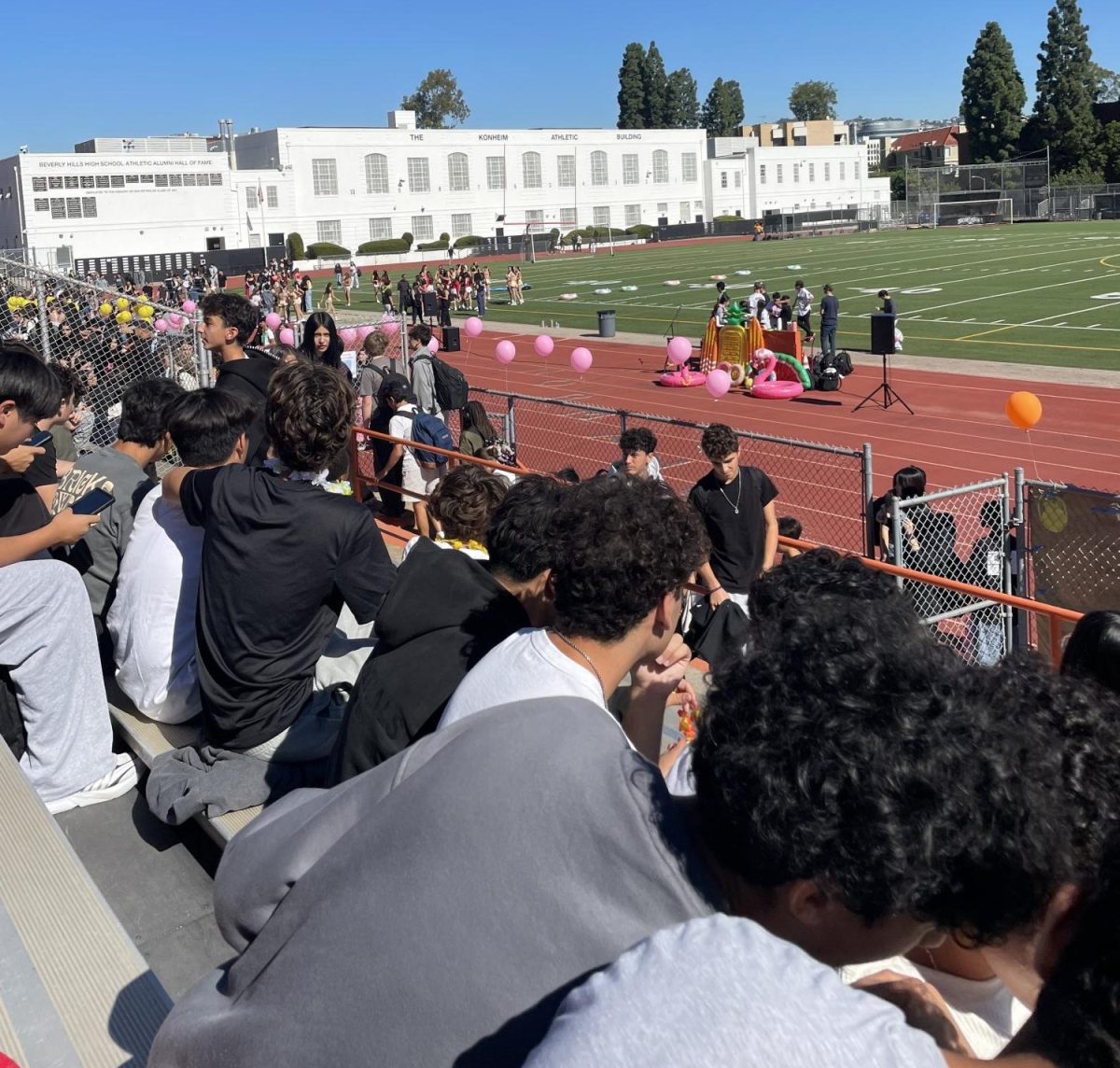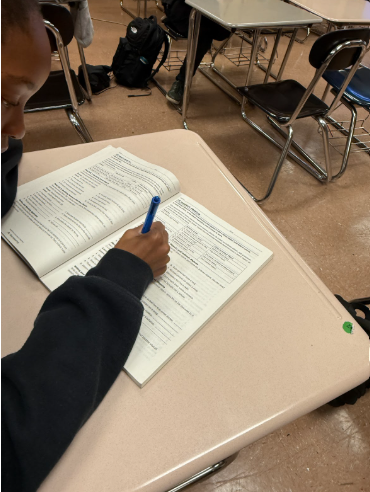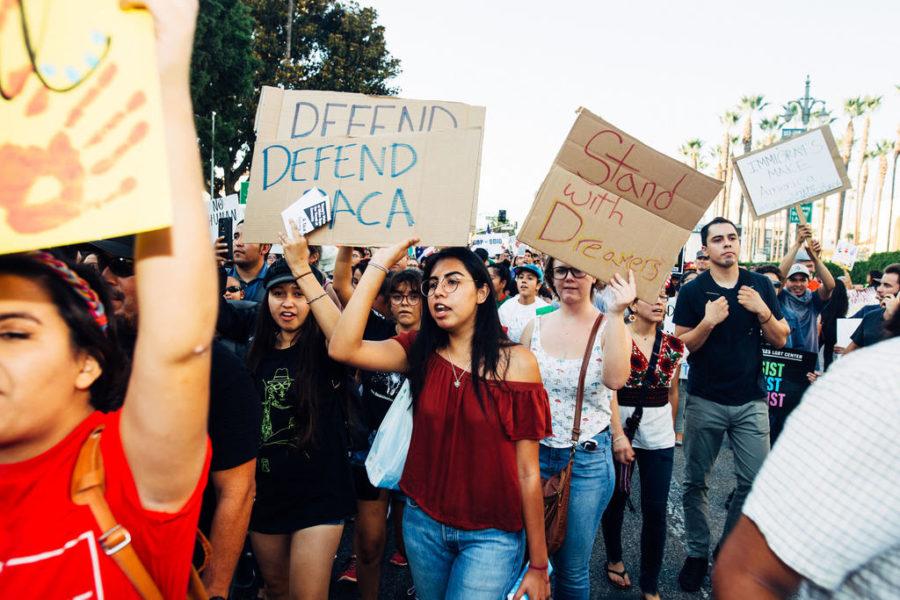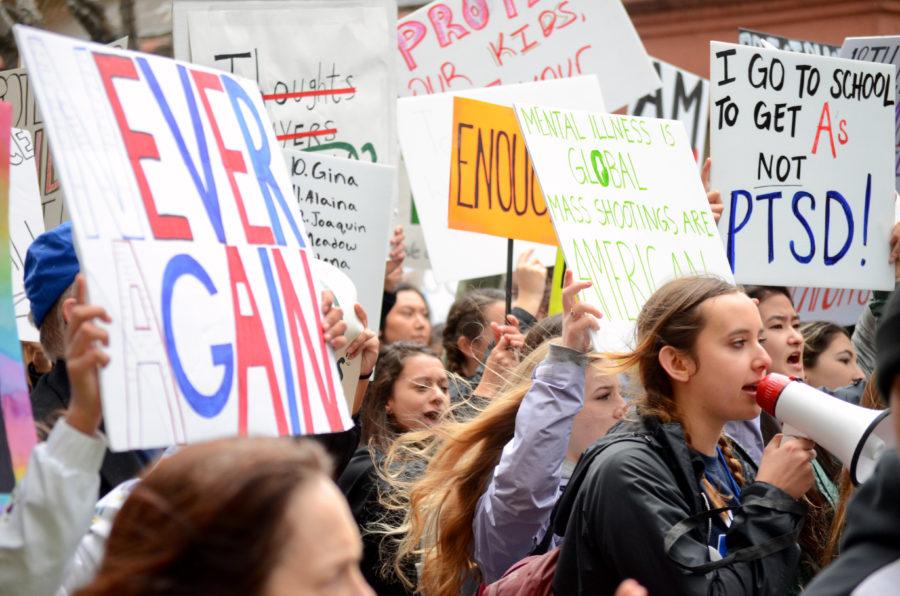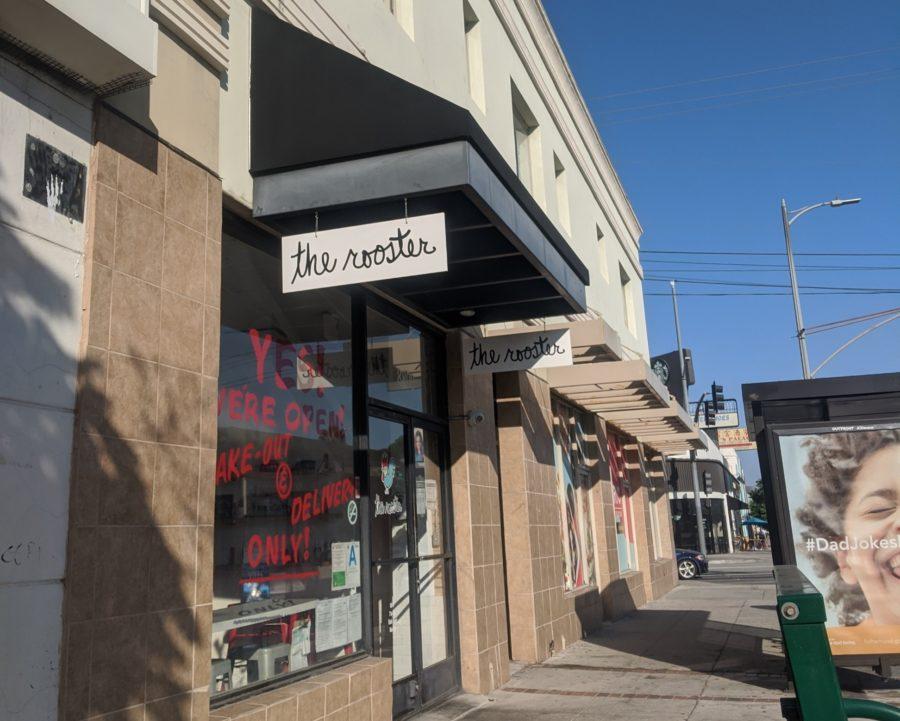Lauren Hannani culture editor
In September of last year, the Trump Administration announced that it would not be renewing former president Barack Obama’s Deferred Action for Childhood Arrivals (DACA) program, which temporarily exempted about 800,000 people brought into the country illegally as children from deportation.
President Donald Trump has offered to expand the eligibility of the original DACA program and grant citizenship to 1.8 million undocumented immigrants, who are also known as the “Dreamers.” In his plan, this process would take place over a span of 12 years, but only in addition to carrying out some of his other campaign promises, including building a wall on the border with Mexico and putting an end to “chain migration,” by which immigrants can enter the U.S. through sponsorship by family members already living in the country.
Due to this controversial plan, Congress has yet to make a decision on final legislation. However, in the meantime, thousands of people from Mexico, Central and South America, Asia and parts of the Carribean could be facing deportation starting in March.
This ongoing issue has been causing national debate outside of Washington as well. Some students personally know undocumented immigrants who might be at risk in the future, whether DACA is renewed or not. For sophomore Steven Aceti, it is hard realizing that thousands of people, including his friends, could be deported from America.
“It can be stressful knowing that friends of ours could be at risk of deportation,” Aceti said. “It’s unpredictable…you don’t know who they’re going to come for next.”
Aceti hopes that Congress decides to keep DACA as government policy, but without agreeing to a wall, since in his words, we are “bargaining human lives” by putting this program at debate.
“I’m hoping that DACA stays, the wall never gets built and, hopefully, the next president makes more reforms to make immigration easier,” Aceti said. “I get that people are trying to keep out the dangerous immigrants, but what we’re doing now is keeping out the good people, the people who want to work hard and make a life for them and their family.”
However, Aceti is not the only student who might have someone he knows deported from the U.S. According to a Highlights survey*, about 13 percent of students have family members, relatives or friends currently enrolled in DACA, and 32 percent personally know an undocumented immigrant.
Senior Maya Luong, who legally moved to America from Vietnam five years ago, also believes that DACA should be renewed since it positively affects thousands of immigrants around the country.
“Although the parents of Dreamers came here illegally, the Dreamers themselves are just as American as you and I. The U.S. is their home, and to deport them, I think, is cruel and unnecessary,” she said. “I mean, imagine [growing up somewhere] and then hearing that there are people who don’t want you here.”
As an immigrant herself, Luong thinks her life would be drastically different if she was in the position of the Dreamers and was at risk of being forced to move back to her native country.
“It would mean I would be afraid whenever I needed to go to any government building. I wouldn’t have the same health care probably. Not sure exactly how I’d apply to college,” she said. “I’d probably be doing everything I do right now, but with a lot more anxiety.”
However, Luong is not the only student who recently immigrated to America from another country. When senior Mira Tarabeine left her home in Syria to move to the U.S., she and her family were escaping the violence caused by the Arab Spring in 2011. Calling the move a “difficult journey,” Tarabeine admits that transitioning to a new lifestyle in a foreign place is not an easy thing to do.
“There is a reason why the Dreamers have made it here, after so much. The journey definitely isn’t fun; they didn’t move out of their country to [travel] to a new one that speaks a foreign language…with no one by their side,” Tarabeine said. “It’s definitely heartbreaking to watch their dreams get demolished after they’ve gone through so much.”
While Tarabeine feels disappointed about Trump’s decision to end DACA, she also feels pride in those immigrants who have been able to make a living here while still being enrolled in this program.
“I feel like it’s not as much sympathy as it is me being proud of who I am coming through that, and me being proud of them coming here and putting their dreams ahead of them[selves] and following them,” she said. “This is the country people come to look for dreams, not discrimination.”
Many parents of students who attend Beverly came here for dreams. Senior Samantha Boudaie, whose parents moved here from Iran to escape the Iranian Revolution, is very proud of her status as a second-generation immigrant, and believes that others should have the chance to be too.
“Like many of my peers here at Beverly, my parents sought refuge in America. They fought to come here for a better life, and they succeeded,” she said. “Not many people get to enjoy the lives we do, and it’s unfair for us to say that these men, women and children don’t deserve a chance.”
Boudaie says that she would feel “frustrated” if she was not sure of her status as an American, specifically because of recent speculation of Trump’s goals in regards to immigration.
“Most of these people don’t even remember the world they came from, and for their security to be uncertain is just terrible,” she said. “They should not be the victims of this wave of racism and xenophobia.”
Similarly, Luong has also noticed a rise in negative attitudes toward immigrants of all countries in general since President Trump was inaugurated last year.
“The few months following Trump’s election, I definitely felt like there was more of a hostile atmosphere toward immigrants in general, legal or illegal, and that people feel more empowered to express their xenophobia,” Luong said. “There were hate crimes going on…it’s pretty scary.”
Whether the immigrants are enrolled in DACA or not, junior Galaxia Miller believes that they deserve to have the right to stay in America for as long as they want.
“They’re human, no matter how they came into the country. They should have their rights,” she said. “They have their lives here, working just as hard or even harder than all of us to live.”
However, some students have a different view on how DACA should be approached. One idea includes adding some regulations to the policy and organizing the program by treating each individual or family as an individual case.
“I fully support DACA and I believe it should be in place, but it needs to be reformed in some way…some kind of regulation,” a student who wished to stay anonymous said. “It needs to be more detailed. No case is exactly the same. [An option could be] evaluation before they can be either naturalized or sent back based on their case.”
According to this student, each case could be decided by looking at the undocumented immigrant’s background information, such as the number of years they have lived in America.
“You obviously should not be sent back if you’ve been here long enough and have been productive in some way and have given back to society and have no criminal record,” the student said. “In that case, you should be easily naturalized.”
An anonymous survey responder also agrees that undocumented immigrants should be able to become a DACA recipient if they prove that they are working hard as part of American society.
“DACA is great, but immigration should not be a lottery-based process like it is now with the diversity lottery program,” the responder said. “It should be based on individual merit and if the immigrants give benefit for the country. The Democrats only want to have chain migration and lottery programs so that they could potentially get more Democratic voters in the election.”
However, because many citizens in America are first-or-second generation immigrants, Luong believes that it is important to realize that these Dreamers are not as foreign as many might think.
“I think it’s important to note that sometimes we think of the Dreamers as very different from us,” she said. “But in reality, not many of us here at the school would have the kind of opportunities to pursue what we want right now if it weren’t for our family doing the ‘dreaming’ for us.”
*87 people were polled in our survey.
To read an opinion article about why the Dreamers should be able to stay in America, click here.
Students speak out about DACA
February 2, 2018
0
Donate to Highlights
$125
$1000
Contributed
Our Goal
Your donation will support the student journalists of Beverly Hills High School. Your contribution will allow us to purchase equipment and cover our annual website hosting costs.
More to Discover








